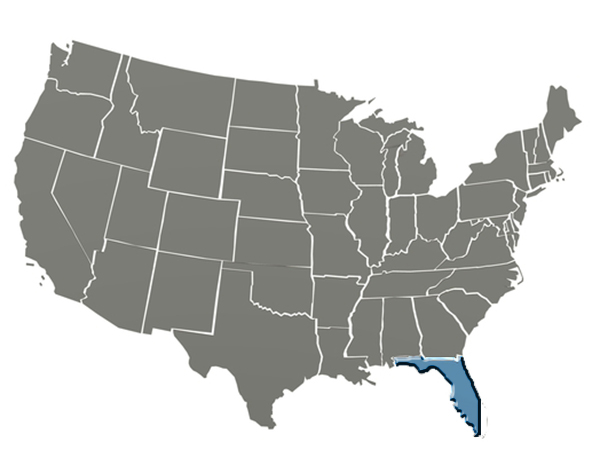It’s hard to decide if Florida is behind the times or just brilliant in its antiquated simplicity. While the entirety of the federal courts and the majority of states have adopted the Daubert standard for admission of expert testimony, Florida has for years remained seemingly content to follow Frye. Whether you find this outdated or ingenious likely depends on whether you believe Daubert is a more stringent standard or merely just a more detailed recitation of factors the courts were already considering under Frye. Your answer may also depend on whether you represent primarily plaintiffs or defendants.
 It has been interesting to watch the debate develop among commentators, bar members, and various lobbying organizations within the Florida Bar over the Bar’s upcoming December 4, 2015 recommendation to the Florida Supreme Court on whether to adopt the Daubert standard as a rule of evidence. While the Legislature adopted the standard years ago (think side ponytails and high-top sneakers circa 1993) as the procedure for admission of expert testimony, the Florida Supreme Court made it clear the statute could not stand as a rule of evidence unless adopted by the court. That is the decision that now stands before the Court. Before making such an important decision, the Court sought input from the Bar and the Bar, in turn, sought input from its members. Hundreds of comments poured in from Florida lawyers, initiating a pretty heated debate and revealing a rather obvious split among the parties with the plaintiff’s bar fighting strenuously for retention of Frye and the defense bar championing the Daubert standard.
It has been interesting to watch the debate develop among commentators, bar members, and various lobbying organizations within the Florida Bar over the Bar’s upcoming December 4, 2015 recommendation to the Florida Supreme Court on whether to adopt the Daubert standard as a rule of evidence. While the Legislature adopted the standard years ago (think side ponytails and high-top sneakers circa 1993) as the procedure for admission of expert testimony, the Florida Supreme Court made it clear the statute could not stand as a rule of evidence unless adopted by the court. That is the decision that now stands before the Court. Before making such an important decision, the Court sought input from the Bar and the Bar, in turn, sought input from its members. Hundreds of comments poured in from Florida lawyers, initiating a pretty heated debate and revealing a rather obvious split among the parties with the plaintiff’s bar fighting strenuously for retention of Frye and the defense bar championing the Daubert standard.
Has Daubert become such a tedious checklist for expert admissibility that it is used more often than not merely as a strategic device to fatigue plaintiff’s counsel? Or, is the Frye standard such a loose line in the sand that it fosters the admission of unreliable expert testimony? With respect to the jury, does Daubert truly protect jurors from unaccepted, untested smoke-and-mirrors science, or is there any room to give the jury credit where credit is due, i.e., in that an attempt to offer testimony so outlandish should backfire. In theory, should the hard-fought and coveted trust of the jury serve sufficiently as its own Daubert standard without the need to deplete the resources of the courts, opposing counsel and clients with numerous, strenuous Daubert motions? Or are you laughing at such a ludicrous proposition? Either way, do you feel your approach to Daubert and your personal proclivities as to whether you feel it is a valid gate-keeping function or just another procedural quagmire depends, at least in part, on which side of the “V” you stand? It is an interesting question and one you may find tough to answer as we all try to consider ourselves open to seeing both sides to every story. Yet, when we spend years honing our skills in a particular area of practice, we cannot help but feel compelled to fight for “our side.”




 />i
/>i
